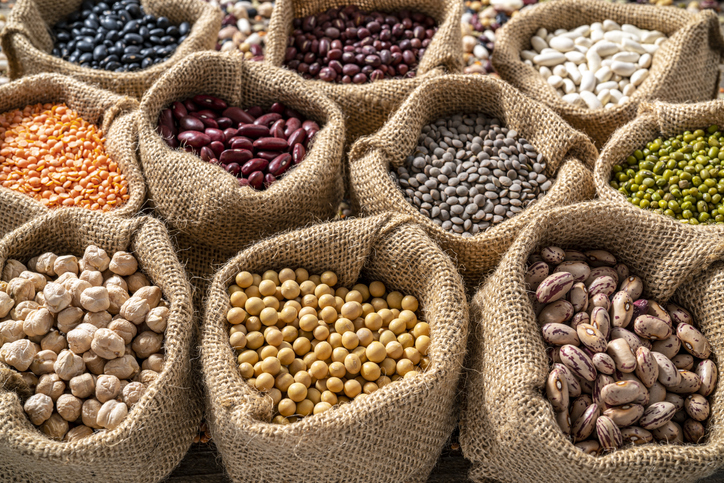A campaign has been launched with the goal of doubling global bean consumption by 2028, focusing on Kenyan consumers and producers in an effort to pilot East Africa’s participation. This initiative, called the ‘Beans is How’ project, will be presenting its roadmap for achieving a 100% increase in bean consumption by 2028 at the upcoming Africa Food Systems Forum in Tanzania. Kenya has been identified as one of the initial priority countries in this campaign.
Recent data indicates that Kenya’s annual per capita consumption of pulses, including beans, peas, and lentils, is less than 5kg, compared to the global average of around 7.5kg, based on 2017 figures. However, the campaign acknowledges the need for more up-to-date and comprehensive data to better understand consumption levels in these countries.
The campaign highlights Kenya’s potential to benefit from increased accessibility and availability of locally grown beans. Currently, the country only produces two-thirds of the beans consumed domestically and imports around 300,000 metric tons annually to meet the existing demand. The executive director of the SDG2 Advocacy Hub, Paul Newnham, emphasized the opportunity to address this gap and make beans a regular part of Kenyan diets to enhance health, livelihoods, and sustainable food production. Efforts will include ensuring the incorporation of beans into healthy school meals and food services in both urban and rural settings.
To achieve its objectives, the Beans is How campaign has outlined a strategic roadmap for doubling global bean consumption. The plan involves promoting the nutritional and environmental benefits of beans, enhancing their visibility, accessibility, and desirability. Collaborative efforts with partners will encourage more farmers to grow beans, particularly new and improved varieties. Increasing bean consumption will not only enhance the quality and sustainability of Kenyan diets but will also support the growing demand for protein.
Transitioning to a business tone, the campaign aims to engage chefs and social media influencers as food champions to promote bean consumption through digital campaigns, which will feature recipes and cooking advice. Furthermore, the campaign has introduced the “Bean Menu Challenge” to encourage chefs to prominently include beans in their menus, as their influence can reach millions of people and drive significant food trends.
The campaign also calls for additional supportive efforts, such as subsidies and policies, to incentivize bean consumption and production. Integrating beans into agricultural practices reduces the need for synthetic fertilizers and conserves water, making them beneficial for African countries, especially since they are primarily grown by women. It is crucial to ensure farmers have access to seeds, extension services, and markets to fully leverage the benefits of beans for livelihoods and health improvement.
The Beans is How campaign is a coalition of over 60 partners, including AGRA, The Kraft Heinz Company, the World Business Council for Sustainable Development (WBCSD), The Global FoodBanking Network, Google, and the Pan-African Bean Research Alliance (PABRA). The campaign was advised by the Bean Science and Innovation Advisory Council, consisting of global experts who guided the strategy and selection of initial priority countries, which also include India, the UK, and the US.
Highlighting the continuous innovation in bean varieties, Jean Claude Rubyogo, Co-Chair of the Science and Innovation Advisory Council, mentioned that more than 650 new bean varieties have been developed to address emerging needs and challenges, such as improved nutrition, faster cooking, and increased resilience to climate extremes. He emphasized the importance of research investment and ensuring these new varieties reach smallholder farmers, particularly women, while also gaining a better understanding of global consumption levels and barriers.
In conclusion, the Beans is How campaign seeks to drive a significant increase in global bean consumption by targeting Kenyan consumers and producers. With a strategic roadmap in place, the campaign aims to promote the benefits of beans, encourage their inclusivity in the culinary industry, and foster sustainable agricultural practices that support livelihoods and health improvements. Through collaboration and innovation, this initiative intends to create positive change in the food and beverage industry while addressing the challenges of food distribution trends, food and drink sustainability, and food and drink regulations.

